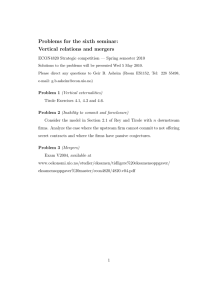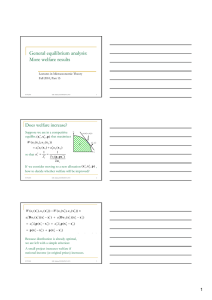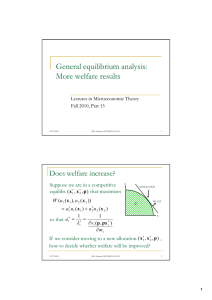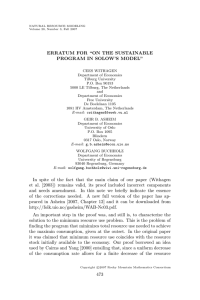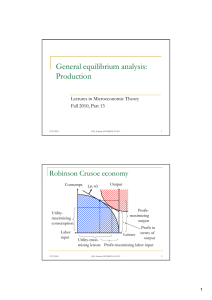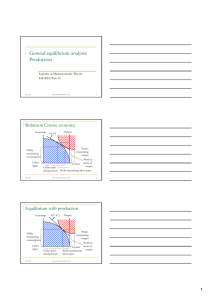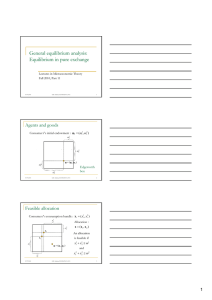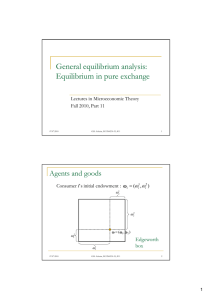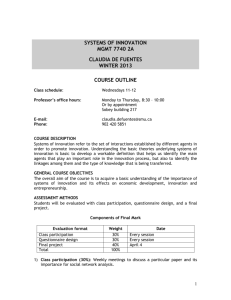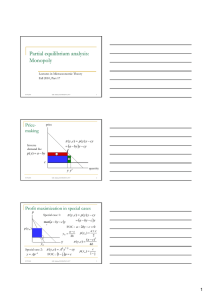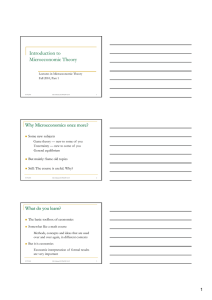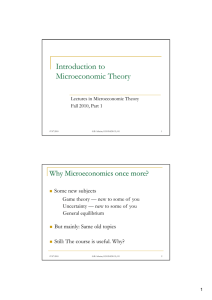20.05 Summary, biography and suggested readings
advertisement
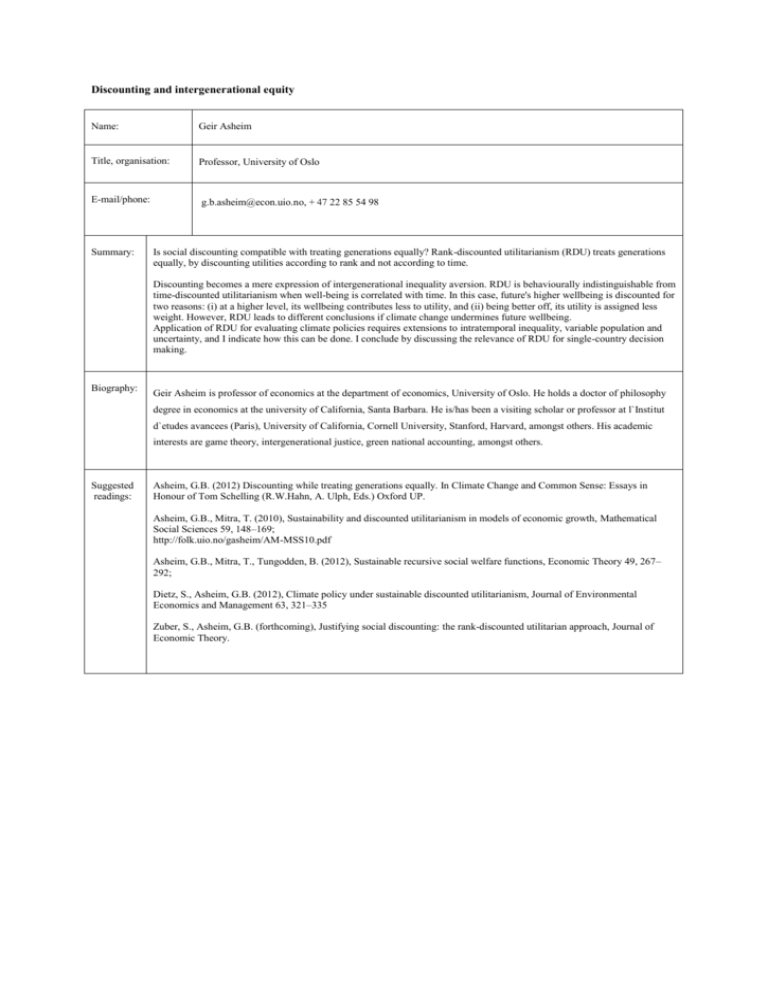
Discounting and intergenerational equity Name: Geir Asheim Title, organisation: Professor, University of Oslo E-mail/phone: g.b.asheim@econ.uio.no, + 47 22 85 54 98 Summary: Is social discounting compatible with treating generations equally? Rank-discounted utilitarianism (RDU) treats generations equally, by discounting utilities according to rank and not according to time. Discounting becomes a mere expression of intergenerational inequality aversion. RDU is behaviourally indistinguishable from time-discounted utilitarianism when well-being is correlated with time. In this case, future's higher wellbeing is discounted for two reasons: (i) at a higher level, its wellbeing contributes less to utility, and (ii) being better off, its utility is assigned less weight. However, RDU leads to different conclusions if climate change undermines future wellbeing. Application of RDU for evaluating climate policies requires extensions to intratemporal inequality, variable population and uncertainty, and I indicate how this can be done. I conclude by discussing the relevance of RDU for single-country decision making. Biography: Geir Asheim is professor of economics at the department of economics, University of Oslo. He holds a doctor of philosophy degree in economics at the university of California, Santa Barbara. He is/has been a visiting scholar or professor at l`Institut d`etudes avancees (Paris), University of California, Cornell University, Stanford, Harvard, amongst others. His academic interests are game theory, intergenerational justice, green national accounting, amongst others. Suggested readings: Asheim, G.B. (2012) Discounting while treating generations equally. In Climate Change and Common Sense: Essays in Honour of Tom Schelling (R.W.Hahn, A. Ulph, Eds.) Oxford UP. Asheim, G.B., Mitra, T. (2010), Sustainability and discounted utilitarianism in models of economic growth, Mathematical Social Sciences 59, 148–169; http://folk.uio.no/gasheim/AM-MSS10.pdf Asheim, G.B., Mitra, T., Tungodden, B. (2012), Sustainable recursive social welfare functions, Economic Theory 49, 267– 292; Dietz, S., Asheim, G.B. (2012), Climate policy under sustainable discounted utilitarianism, Journal of Environmental Economics and Management 63, 321–335 Zuber, S., Asheim, G.B. (forthcoming), Justifying social discounting: the rank-discounted utilitarian approach, Journal of Economic Theory.
